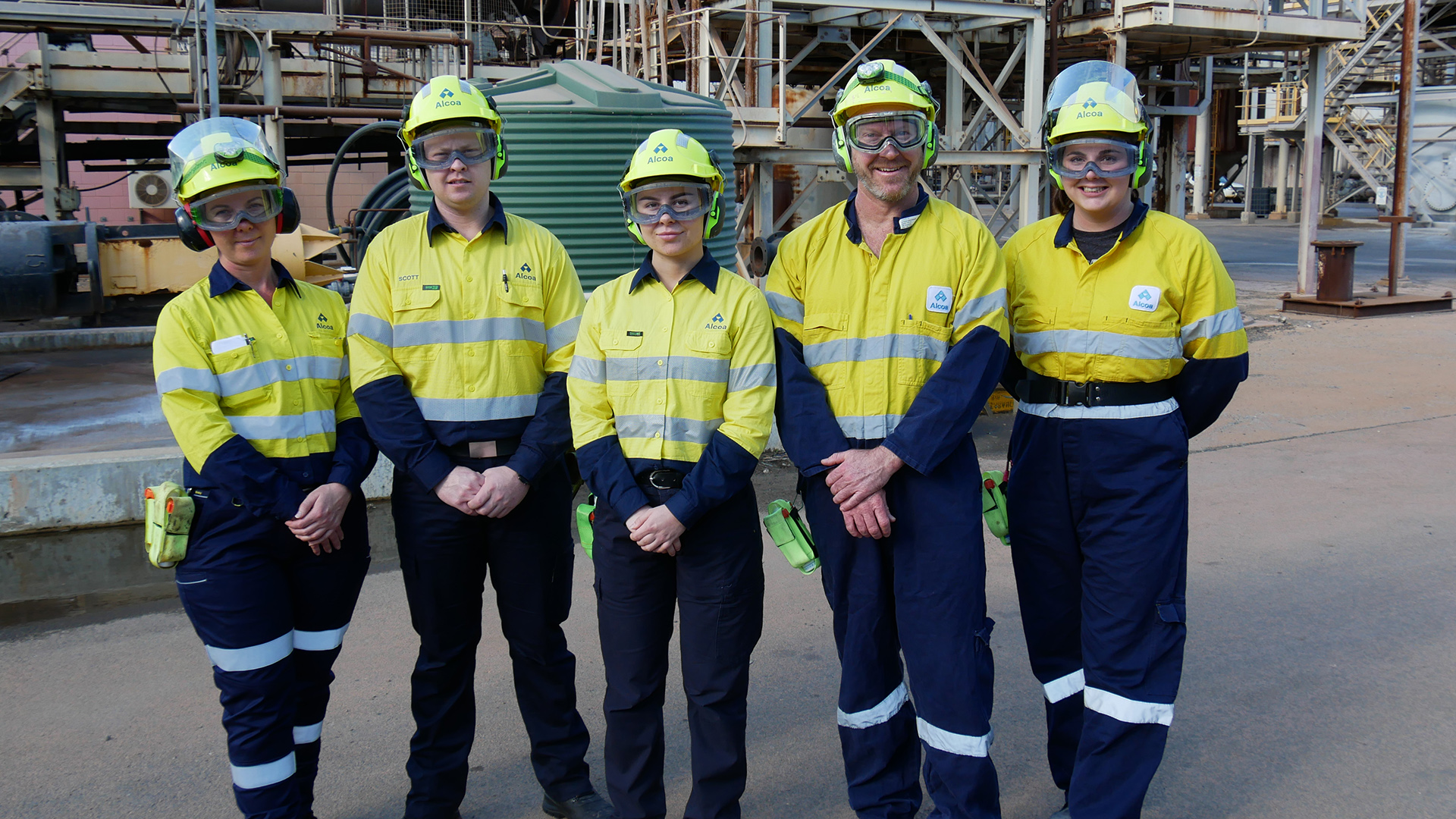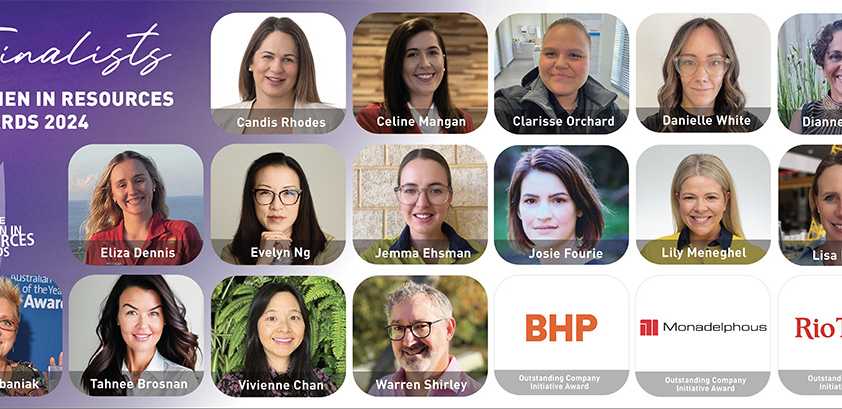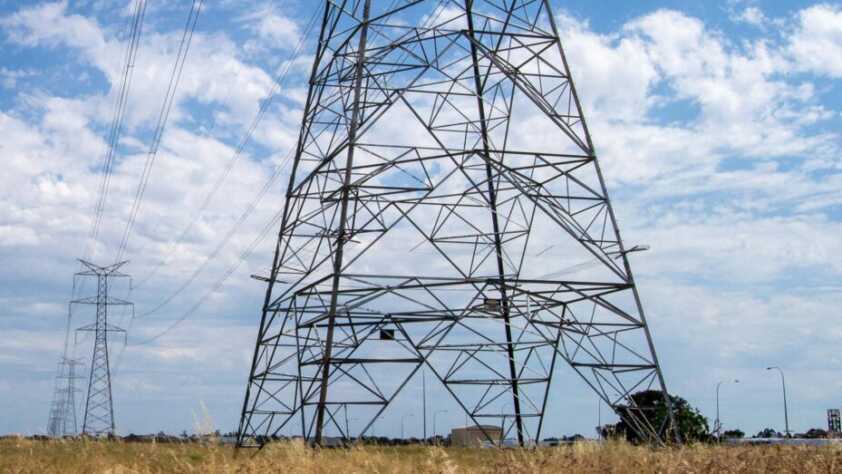The Chamber of Minerals and Energy of Western Australia (CME) has today welcomed figures released by the WA Government detailing the importance of our state’s resources sector to the economy.
CME Chief Executive Rebecca Tomkinson said WA’s continued status as an economic powerhouse for the nation was testament to the resources sector’s strength in providing what was required to advance a global energy transition.
“We can clearly see from the data that global trends towards electric vehicles, sustainable energy production and storage, and sustainability have made an impact on demand for resources, and the sector is responding,” she said.
“WA’s iron ore continues to be highly sought after, with record production resulting in $125 billion in sales.
“For the first time in eight years, lithium sits above gold, ranking second as our most valuable mineral with a record $21 billion in sales.
“Nickel sales also remained around their previous high recorded in 2022 at $5.7 billion, along with alumina, mineral sands, manganese and cobalt, gold and salt. All these are minerals are at the centre of the low carbon economy.
“Renewable energy production and the energy transition will be driven by precisely the sorts of critical minerals that WA produces.”
Ms Tomkinson said that as the world raced towards a low-carbon economy, there would inevitably be an associated increase in the consumption of the raw materials that the WA resources sector was able to extract, process and supply.
“To produce wind turbines for energy production, for example, you need access to bauxite, cobalt, copper, iron ore, zinc and silica,” she said.
“Electric vehicles mean a reduced reliance on fossil fuels but it takes lithium, nickel and cobalt to produce EV batteries. Similarly, gallium is used in photovoltaics and indium is an important component for making touch screens, flatscreen TVs and solar panels.”
Ms Tomkinson said that while it was pleasing to see exploration expenditure remain around the previous high recorded in 2022, more needed to be done to attract increasingly mobile global capital.
She warned that urgent action was required to address lengthy and duplicative approvals processes to address a reduction in the investment pipeline, with the value of projects under construction or committed dropping by approximately $5 billion relative to March 2023.
“Western Australia is in a unique position. We have the critical minerals and resources the world is demanding, plus the capacity to ensure the recovery, processing and supply of those minerals is sustainable and ethical,” she said.
“However, as outlined in our recent 2024-25 State Pre-Budget Submission, it is vital we get the policy and fiscal settings right or we could easily see continued deceleration of our project development pipeline. Competitive costs, efficient and non-duplicative regulatory approvals processes, project ready land and access to low emission, reliable and cost-competitive energy will be critical.”





